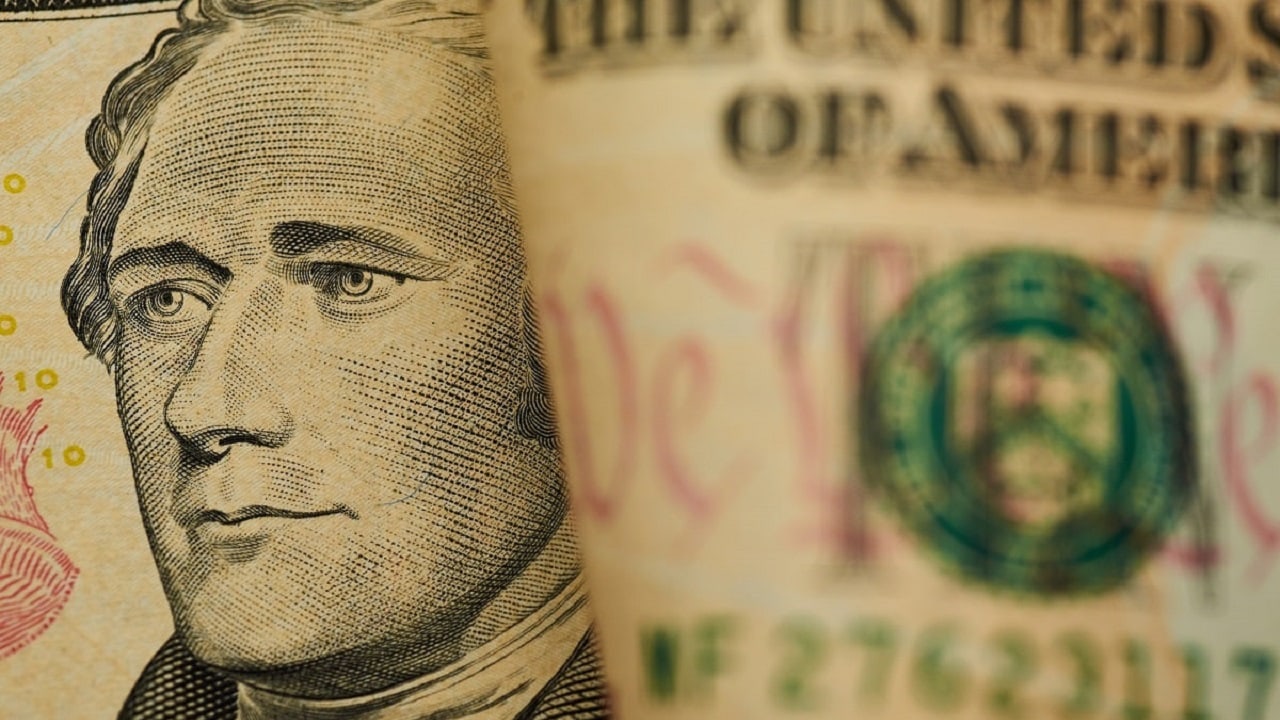Today’s dreadful consumer price inflation number showing inflation now running at 7 ½ percent, coupled with last month’s stock market wobbles, can leave little doubt about the major policy challenge facing Jerome Powell’s Federal Reserve.
The Fed now will need to raise interest rates soon by a sufficient amount to get the inflation genie back into the bottle. However, it will need to do so without in the process bursting the equity and housing market bubbles. This will be no easy task especially since those bubbles have been premised on the assumption that low-interest rates would last forever.
The Fed’s failure to succeed in this almost impossible mission could seriously undermine the Fed’s credibility and political independence. If it does not manage to regain control over inflation, it will be blamed for having failed to fulfill its price stability mandate. If it manages to regain control over inflation but at the price of bursting today’s equity and housing market bubbles, it will be blamed for precipitating an economic recession.
Before overly pitying the Fed for its current daunting economic policy challenge, one might recall that this challenge has been largely of the Fed’s own making.
Last year, at a time when the economy was recovering strongly and when it was receiving its largest peacetime budget stimulus on record, the Fed chose to keep its pedal to the monetary policy metal, which included keeping interest rates at their zero bound. It did so even as it became evident that the inflation burst was far from transitory and that interest rates were becoming increasingly negative in inflation-adjusted terms.
Similarly, last year at a time when the US equity and housing markets were on fire, the Fed kept adding froth to those markets. It did so by continuing to buy $120 billion a month in US Treasury bonds and mortgage-backed securities. As a result, over the past eighteen months, the Fed’s balance sheet has expanded by more than $4 ½ trillion. Meanwhile, fueled by the Fed’s ample provision of liquidity, equity valuations reached nosebleed levels experienced only once before in the past one-hundred years and house prices, even in inflation adjusted terms, rose meaningfully above their 2006 peak.
The Fed now has its work cut out for itself. With consumer price inflation now running at 7 ½ percent and with the Fed’s policy interest rate at its zero bound, the Fed will have to hike interest rates this year by many more than the three times that it is currently projecting if it hopes to tame the inflation beast. However, there is every prospect that such a shift to a more hawkish monetary policy stance could prove to be the trigger that bursts today’s equity and housing market bubbles.
In short, the Fed has dealt itself a very weak hand by having been overly sanguine last year about price inflation and asset price bubbles. It now has the choice of doing the right thing and shifting to a hawkish monetary policy stance to deal with inflation even though that might cause the asset price bubbles to burst and the economy to relapse into recession. Alternatively, it can choose to kick the can further down the road by maintaining a low-interest rate policy. It might do so even though that might be setting us up for an even harder economic landing next year by not getting an early grip on inflation and by adding further froth to already bubbly asset markets.
We have to hope that the Fed makes the right policy choice even though its past record of inflation denial has to raise serious doubts about whether it will have the courage now to bite the inflation bullet.
Desmond Lachman joined AEI after serving as a managing director and chief emerging market economic strategist at Salomon Smith Barney. He previously served as deputy director in the International Monetary Fund’s (IMF) Policy Development and Review Department and was active in staff formulation of IMF policies. Mr. Lachman has written extensively on the global economic crisis, the U.S. housing market bust, the U.S. dollar, and the strains in the euro area. At AEI, Mr. Lachman is focused on the global macroeconomy, global currency issues, and the multilateral lending agencies.

